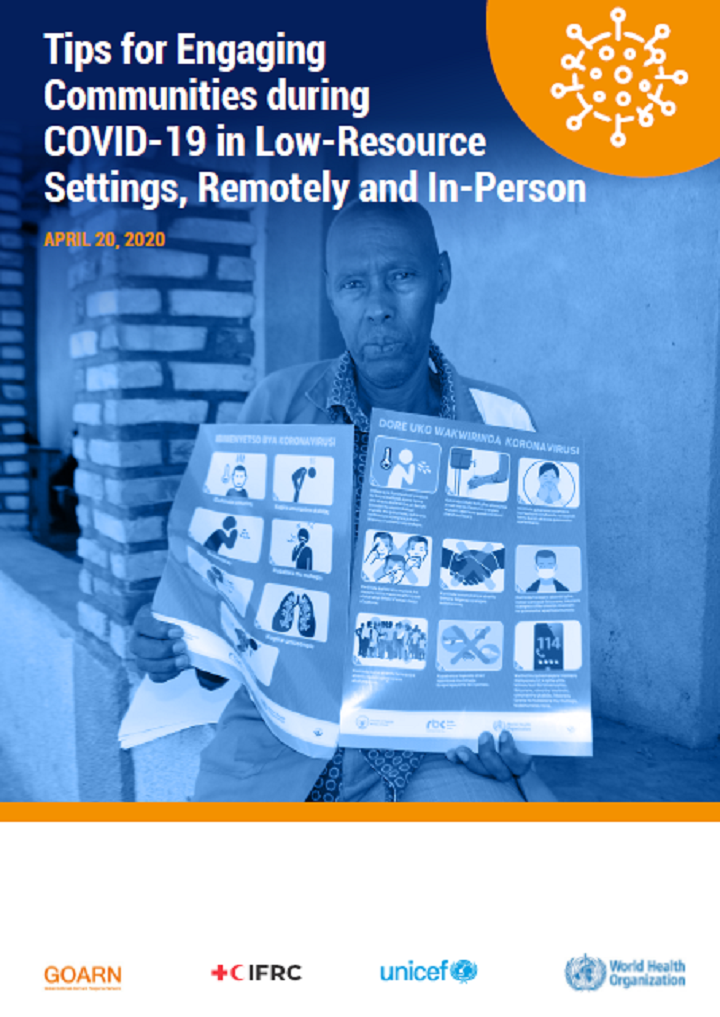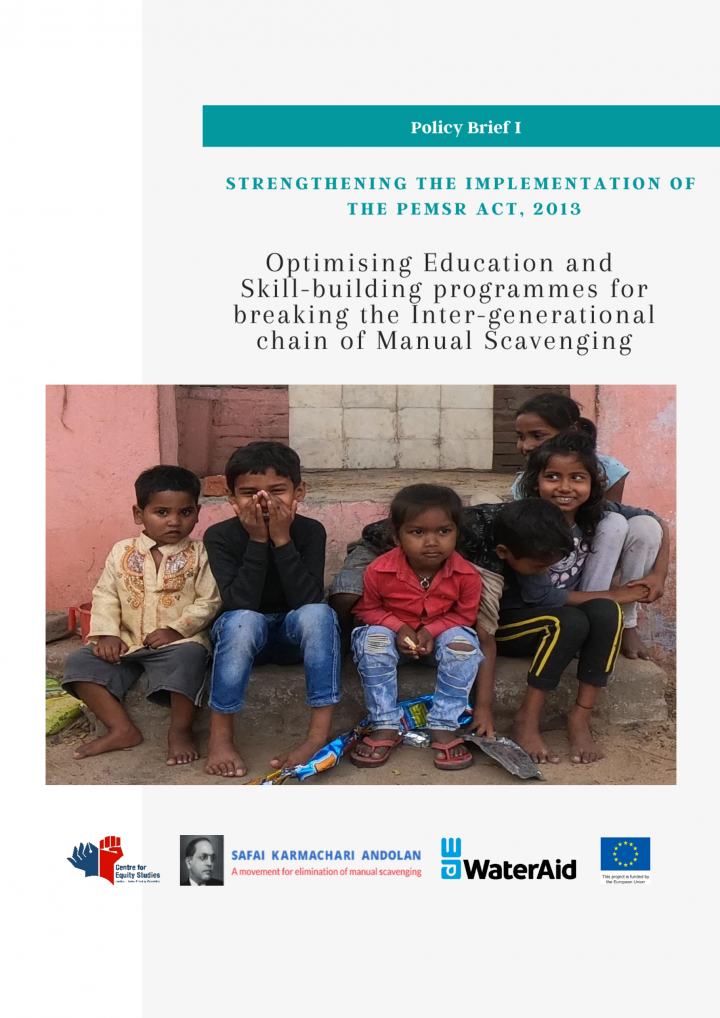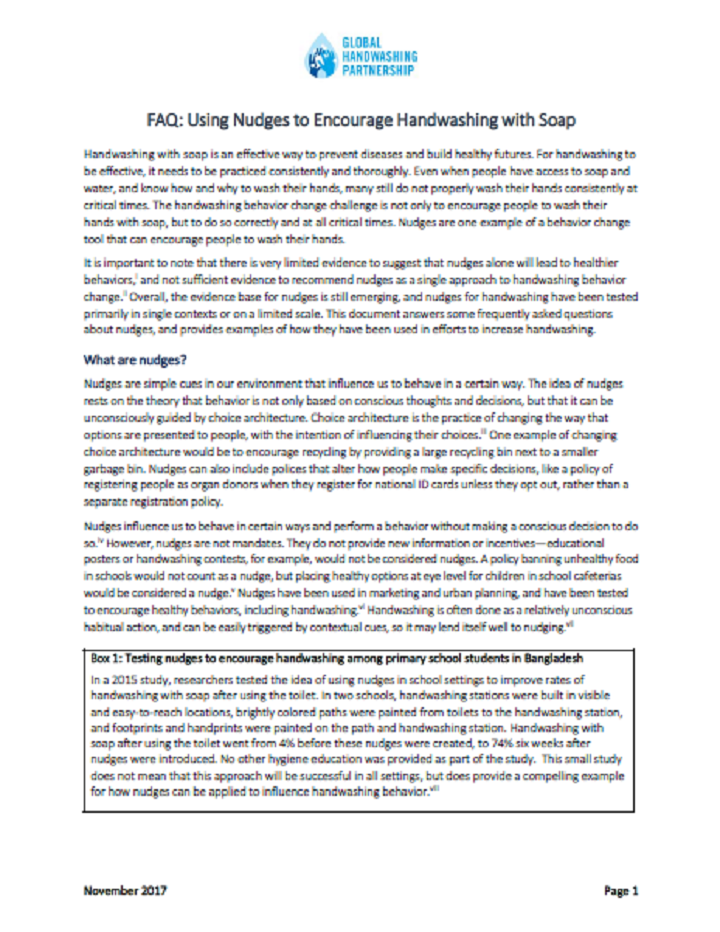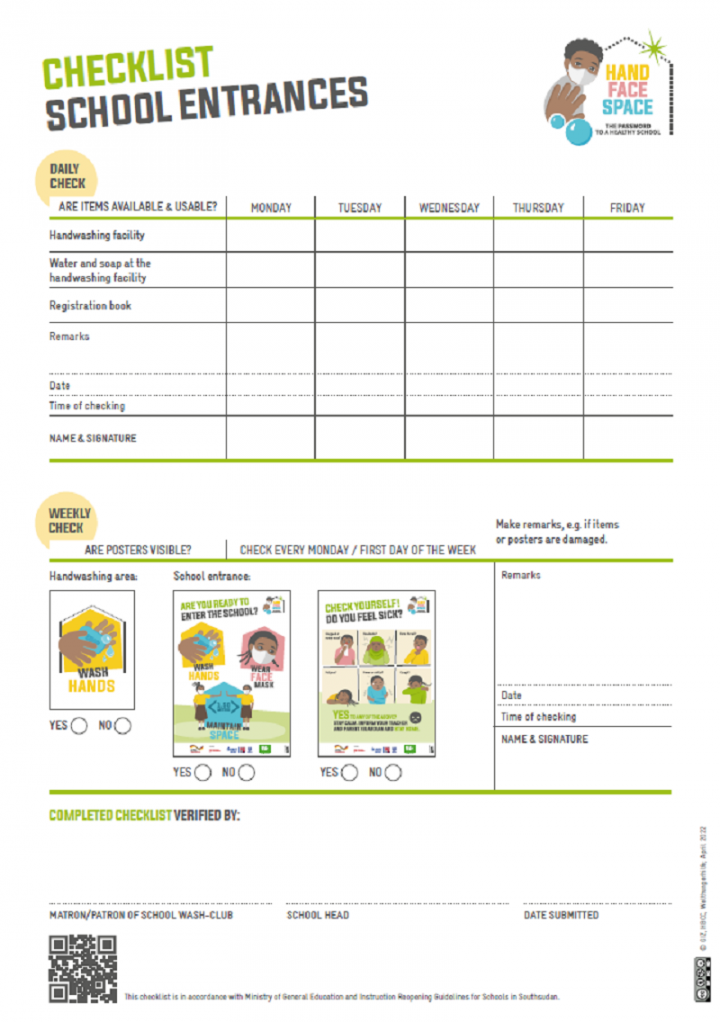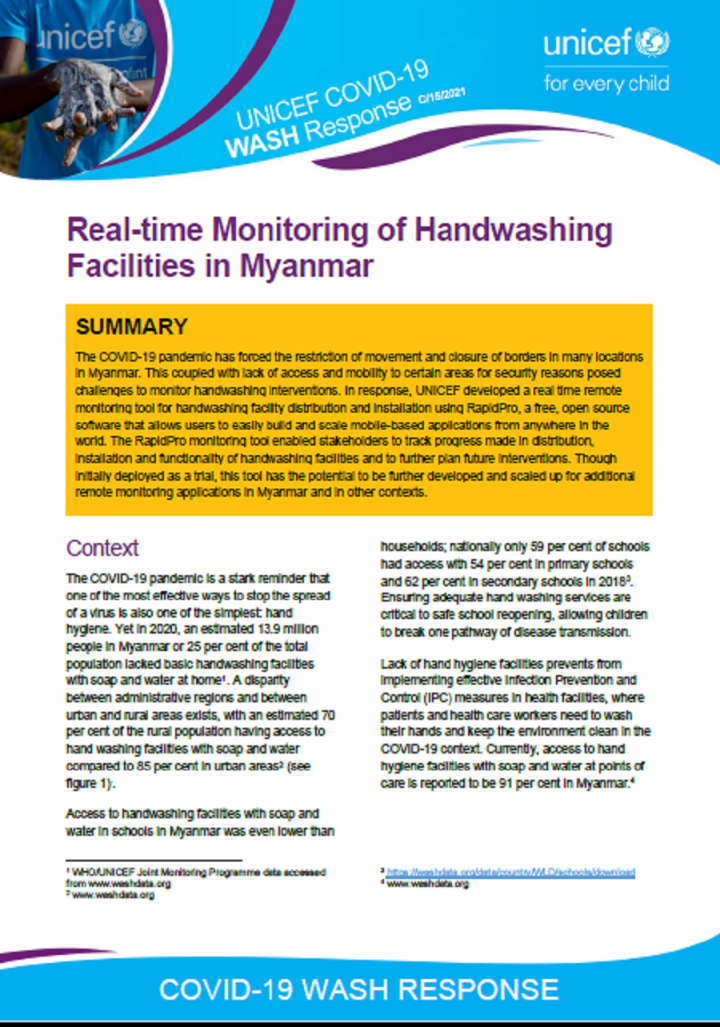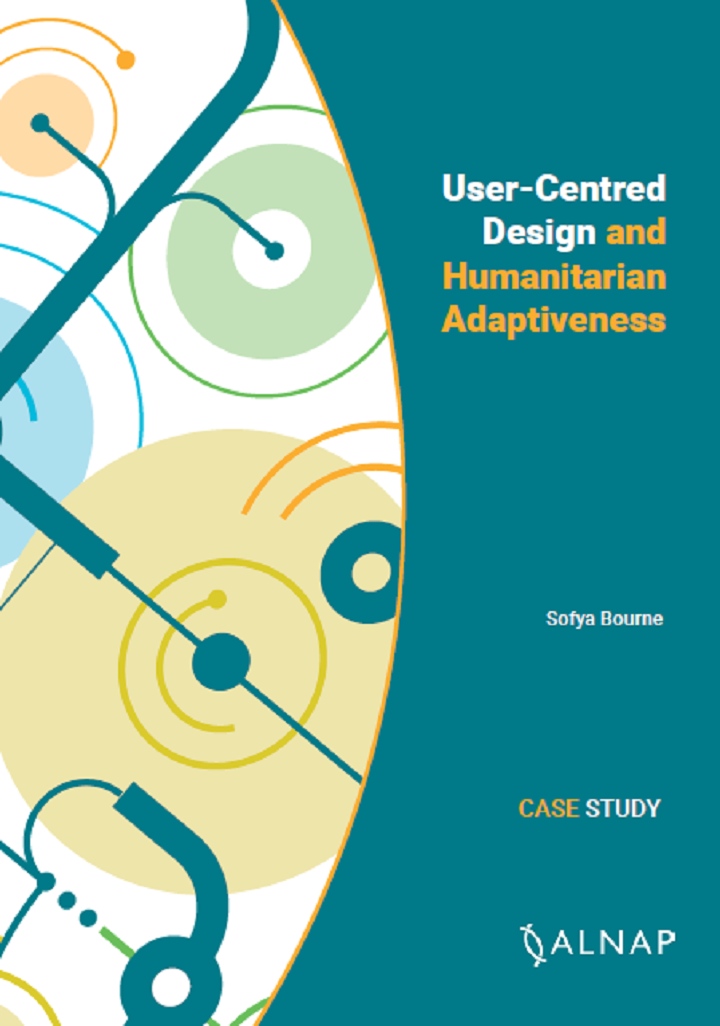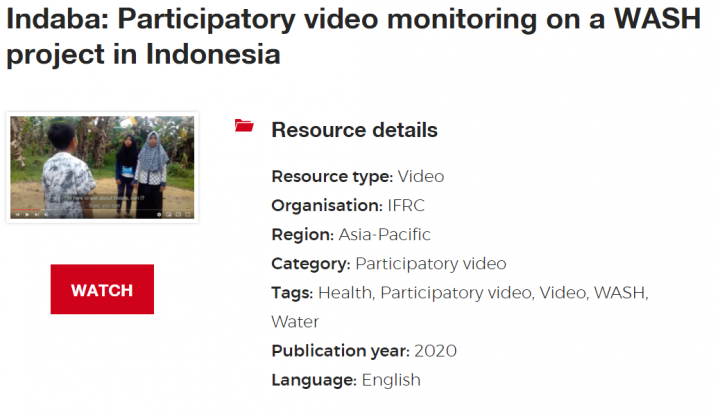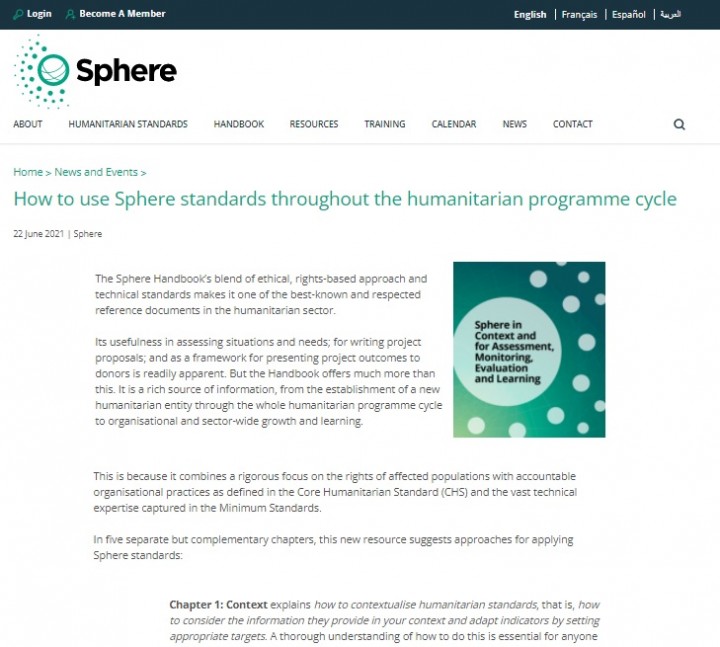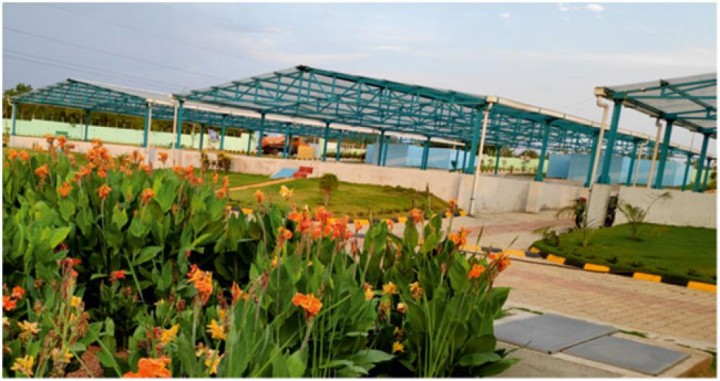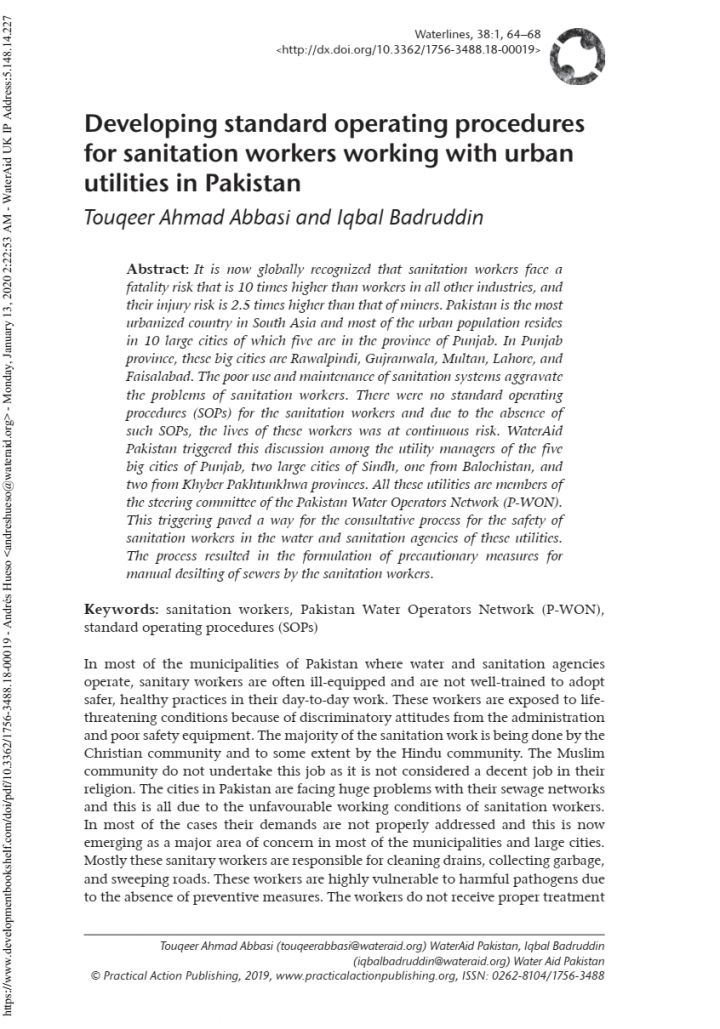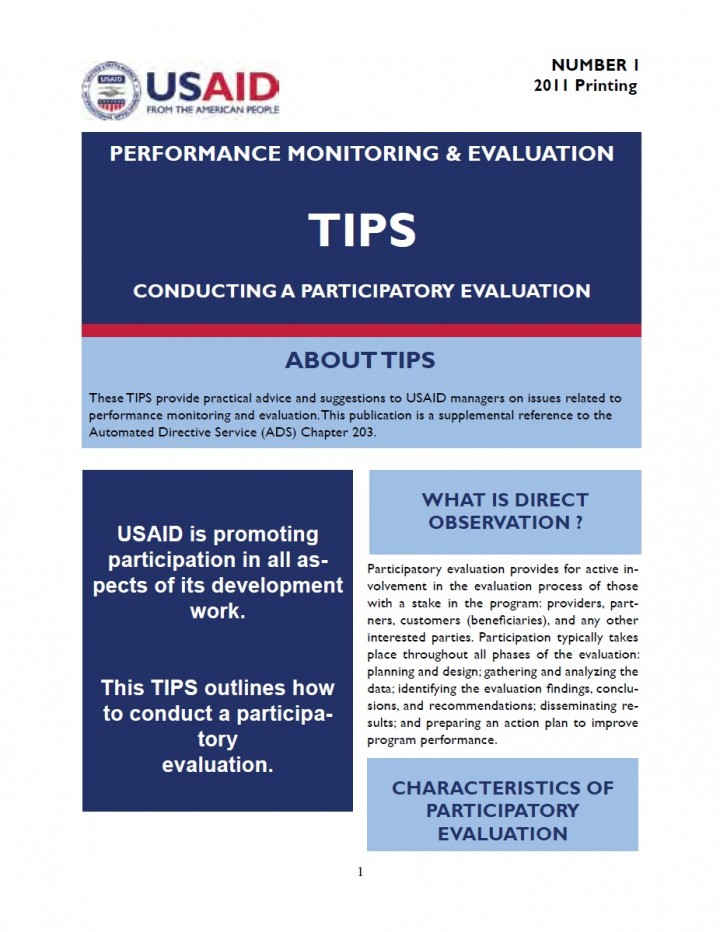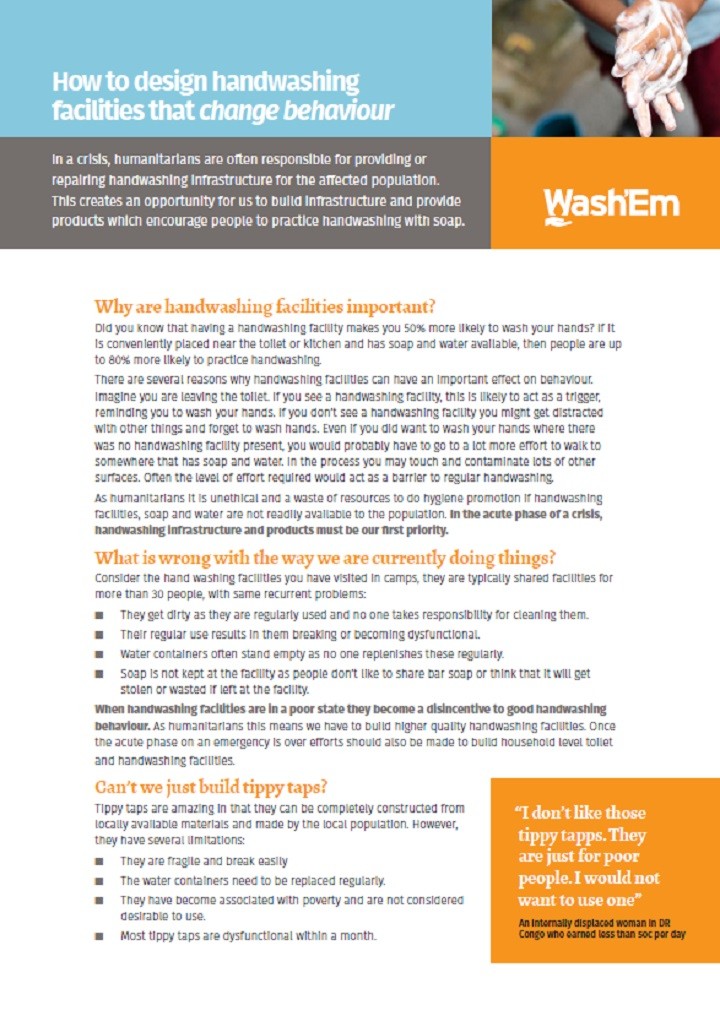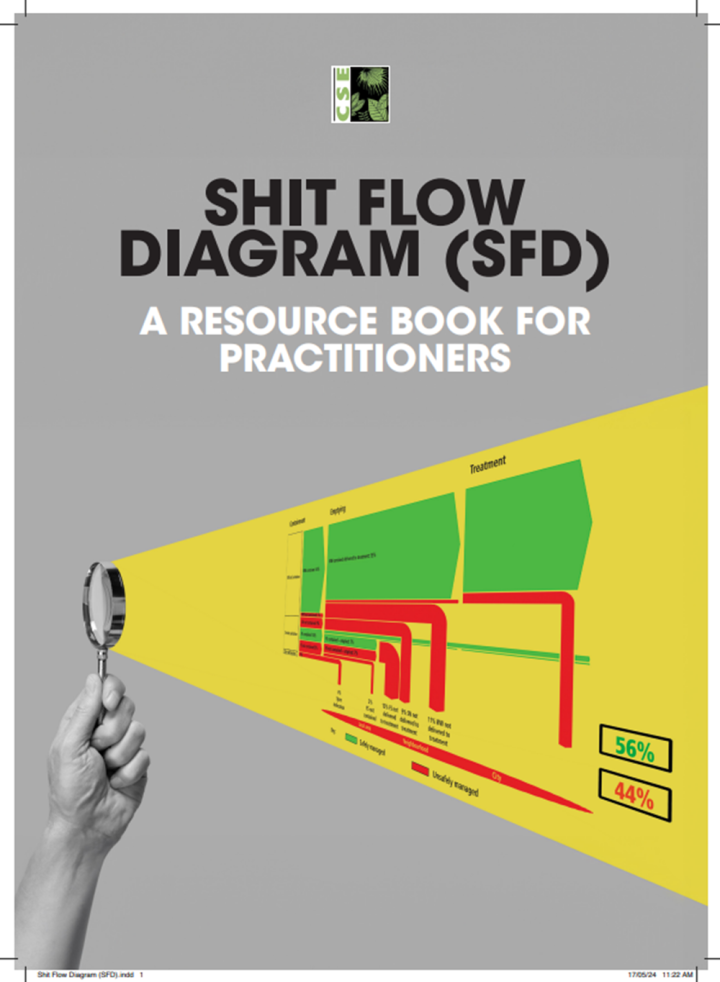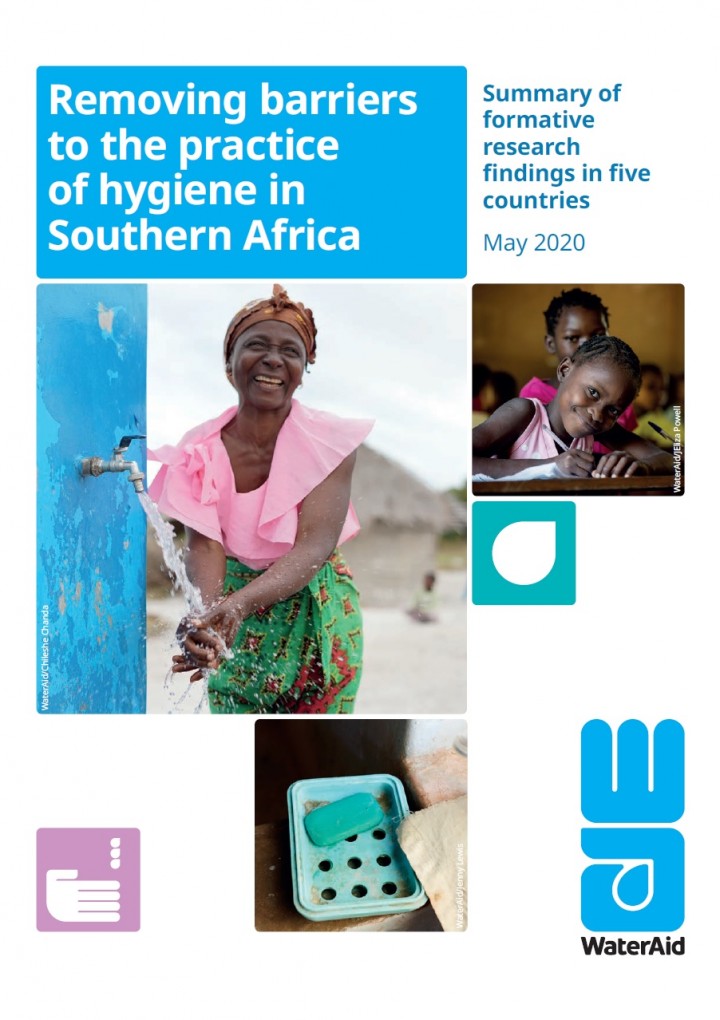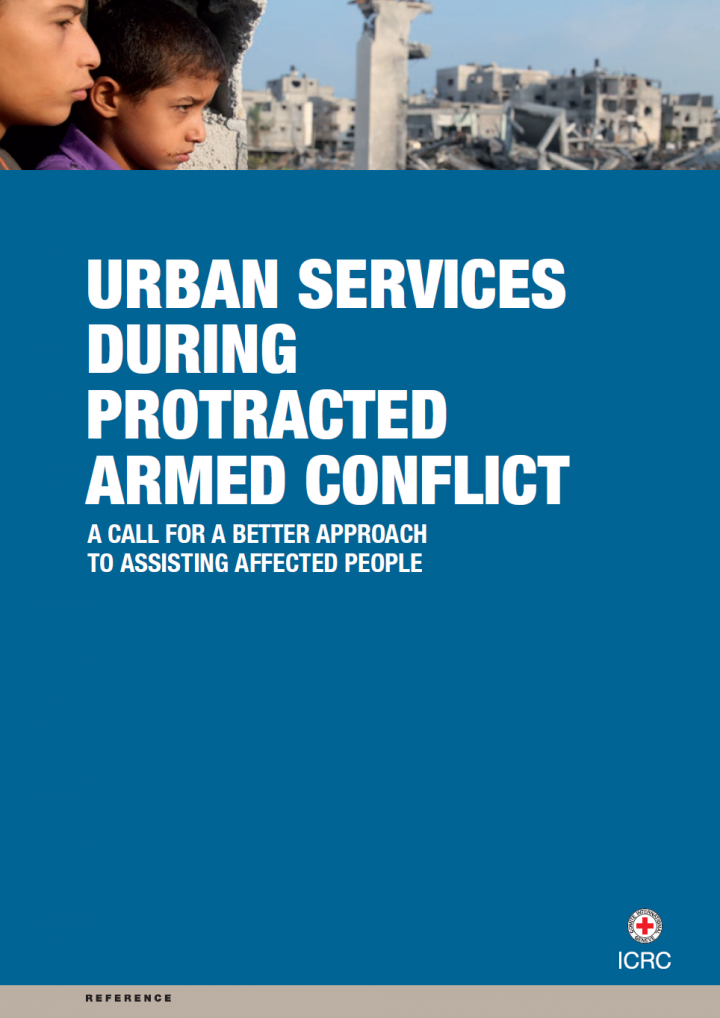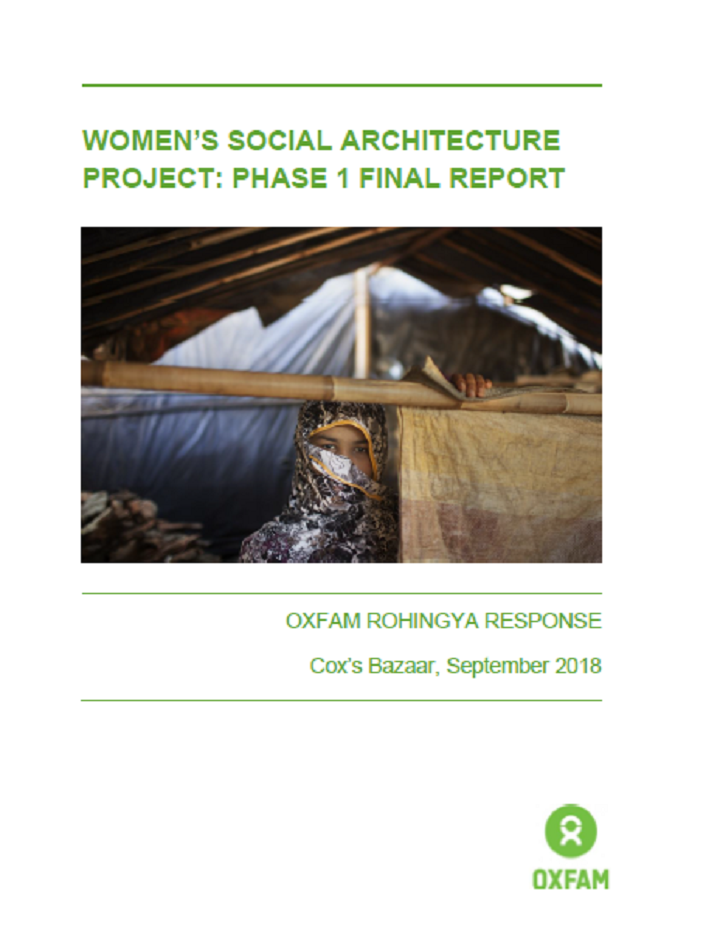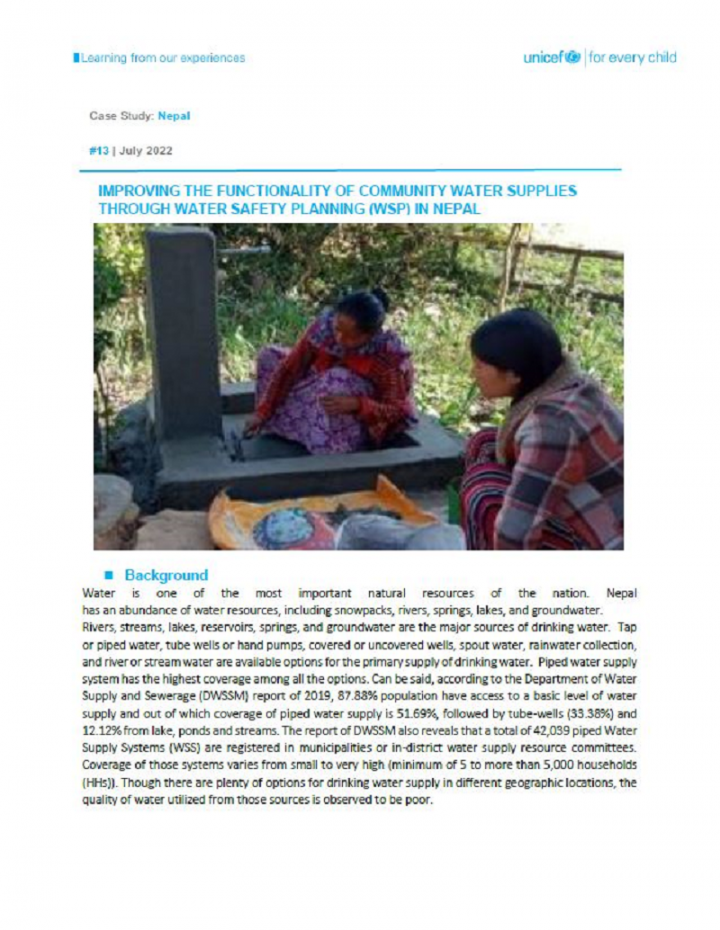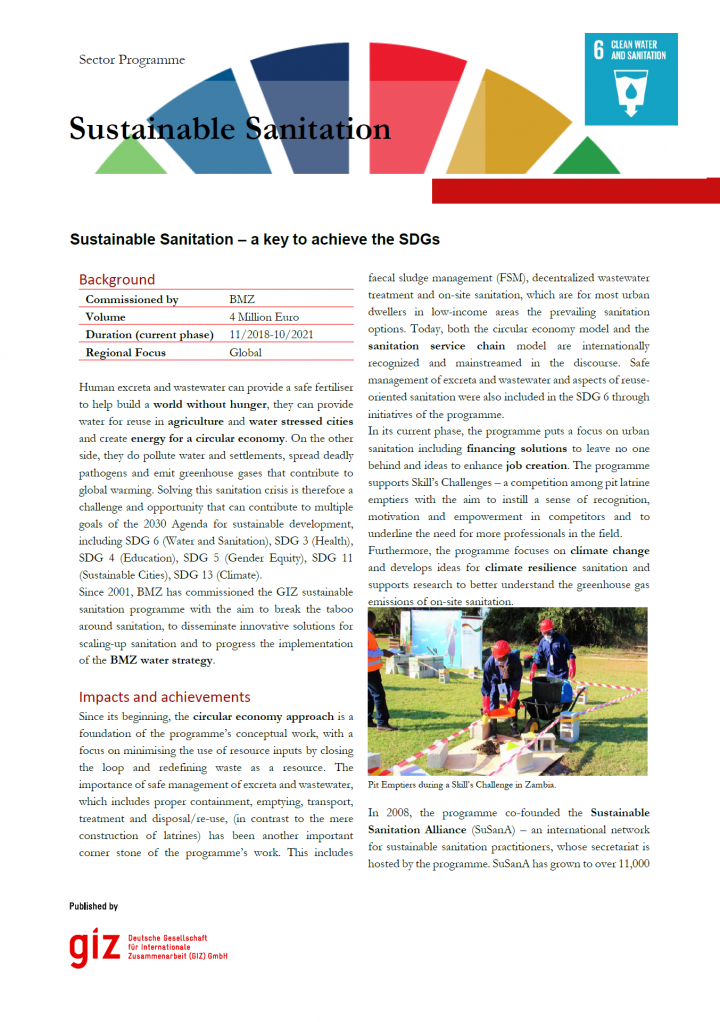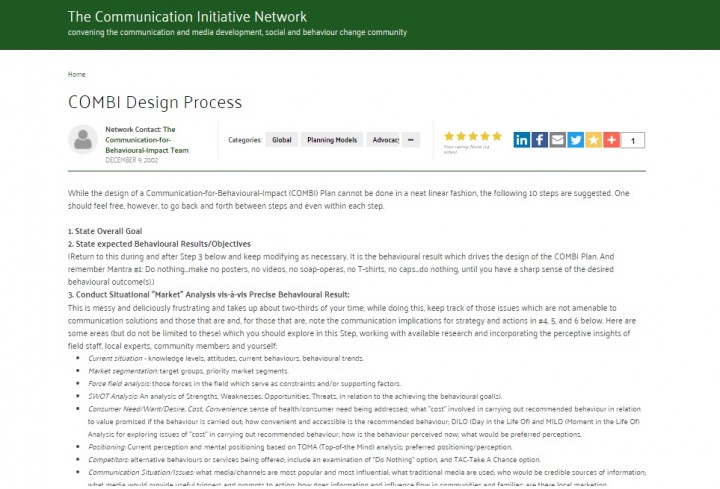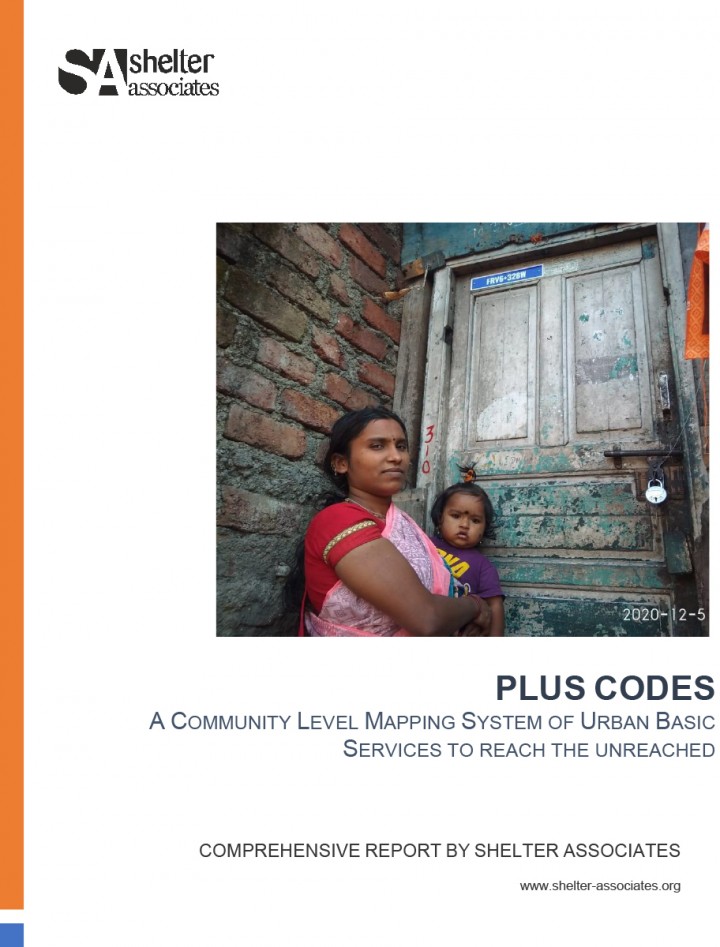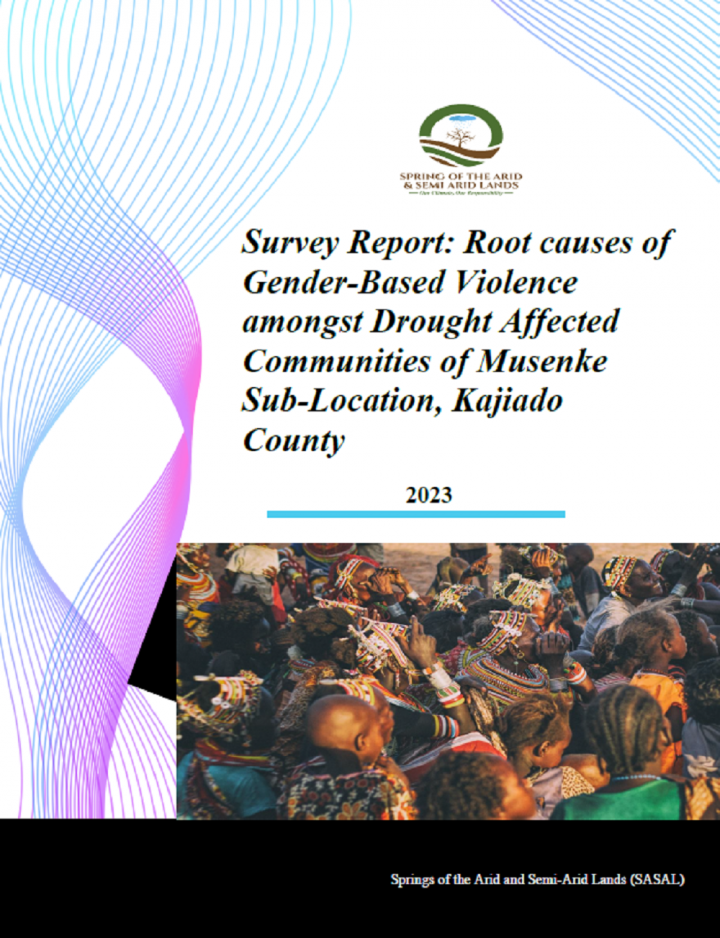Searching for information on Sanitation Workers?
The Sanitation Workers Knowledge + Learning Hub is the best source for all current news, trends, articles and updates on sanitation workers rights around the world.
The film depicts a common scene on the railway platform, where there is no drinking water in the taps. The protagonist is a child waiting for his train to arrive who has his own bottle of water. He notices a thirsty child desperately trying to drink a few last drops of water from the railway platform tap. He then tries to help this other child.
This brief provides key considerations for engaging communities on COVID-19 and tips for how to engage where there are movement restrictions and physical distancing measures in place, particularly in low-resource settings. It is designed for non-governmental organizations (NGOs), UN agencies, government agencies, and other humanitarian and implementing actors working on health promotion, risk …
The Preamble to the Indian Constitution secures to all citizens of India equality of status and opportunity. Equality of opportunity means to give equal chance to every individual for the development of his/her capacity.
Education is a Fundamental Right under Article 21 (A) of the Constitution of India. The Constitution of India under Directive Principles as well as Fundamental Duties also …
Thousands of lives of sanitation workers are endangered and lost in low and middle income countries (LMICs) while manually cleaning confined spaces like septic tanks and sewer lines. These deaths are avoidable if we take corrective measures. Join us to discuss leading practices that cities can observe to make work safer for sanitation workers!
Speakers
Prabal Bhardwaj, PMU- SBM, Ministry of …
Handwashing with soap is an effective way to prevent diseases and build healthy futures. For handwashing to be effective, it needs to be practiced consistently and thoroughly. Even when people have access to soap and water, and know how and why to wash their hands, many still do not properly wash their hands consistently at critical times. The handwashing behavior change challenge is not only to …
The COVID-19 pandemic has forced the restriction of movement and closure of borders in many locations in Myanmar. This coupled with lack of access and mobility to certain areas for security reasons posed challenges to monitor handwashing interventions. In response, UNICEF developed a real time remote monitoring tool for handwashing facility distribution and installation using RapidPro, a free, …
Gathering and acting on feedback from affected communities is a key means to identify potential triggers for change during the design and implementation of humanitarian programmes. This study is focused on user-centred design (UCD), an approach often used outside the humanitarian sector to design products and services that are tailored to the needs and preferences of end-users and are created …
El procedimiento de revisión de cinco pasos desarrollado por la iniciativa de promoción de SFD garantiza la estandarización de todos los reportes SFD publicados en el Portal Web de SFD. Estaremos encantados de proporcionarle comentarios sobre su reporte SFD.
Un miembro del grupo de expertos le proporcionará comentarios sobre la evaluación y lo guiará a través del control de calidad para …
A participatory video by youth from the community of Tumbit Melayu feedback on the water, sanitation and hygiene promotion (WASH) project implemented by the Indonesian Red Cross Society (Palang Merah Indonesia-PMI) with the support of IFRC in the district of Berau, East Kalimantan province.
This resource explains why it is important to use Sphere standards throughout the humanitarian programme cycle, and how to do so. The document starts with a section on how to use humanitarian standards in your context. This is followed by standalone but complementary chapters for Assessment, Monitoring, Evaluation and Learning.
As a first step toward the goal of clean and sanitised villages, the state has issued the Odisha Rural Sanitation Policy in October 2020 that guides and enables sanitation interventions in rural areas over a ten-year horizon. In operationalising the Policy and in line with the objectives of SBM-G Phase II, Dhenkanal district in the state, with support from UNICEF and the Centre for Policy …
It is now globally recognized that sanitation workers face a fatality risk that is 10 times higher than workers in all other industries, and their injury risk is 2.5 times higher than that of miners. Pakistan is the most urbanized country in South Asia and most of the urban population resides in 10 large cities of which five are in the province of Punjab. In Punjab province, these big cities are …
Urban sanitation systems thinking has undergone a significant change—from infrastructure creation as a measure of progress, to service-level improvement, and now to equity and justice in sustainable service delivery.
The Shit Flow Diagram tool unbundled the sanitation service value chain into distinct components with the aim of addressing service-level improvements at the different stages of …
This report seeks to stimulate the much-needed discussion on developing a better approach to assisting people in urban areas that have been affected by protracted armed conflict. It combines current research with over three decades of ICRC experience in urban areas, deriving information through focus groups and individual interviews as well as from in-depth studies on Iraq and Gaza. The …
In May and June 2018, Oxfam undertook research with Rohingya women and adolescent girls living in Cox Bazar refugee camps, focused on the barriers and enablers of using WASH facilities in the camps. The research brought two female architects to work with women and girls to adapt the design of existing facilities, and to design new facilities to meet their needs. From discussions with women and …
Water is one of the most important natural resources of the nation. Nepal has an abundance of water resources, including snowpacks, rivers, springs, lakes, and groundwater. Rivers, streams, lakes, reservoirs, springs, and groundwater are the major sources of drinking water. Tap or piped water, tube wells or hand pumps, covered or uncovered wells, spout water, rainwater collection, and river or …
Human excreta and wastewater can provide a safe fertiliser to help build a world without hunger, they can provide
water for reuse in agriculture and water stressed cities and create energy for a circular economy. On the other side, they do pollute water and settlements, spread deadly pathogens and emit greenhouse gases that contribute to global warming. Solving this sanitation crisis is …
The Plus Codes are a unique solution, a digital address given to every location on earth. Shelter Associates and UNICEF partnered to map social and basic services of the slum settlements with unique location codes. This location code can be used on Google Maps and will allow slum residents to access services such as postal, emergency services, gas cylinders and other online services. In addition …
This study was conducted in the pastoral community of Musenke Sub-Location in Kajiado County (Kenya).
The purpose of this study was to carefully identify root causes of gender-based violence (GBV) and closely associated themes, the extent of harm and level of response. Additionally, the study aimed to understand the community’s cultural practices, economic status and willingness to accept and …
One of the largest constraints that cleaners experience is the lack of WASH, and formal training on IPC, PPE, and hand hygiene. A needs assessment study conducted in 56 healthcare facilities throughout Bangladesh, India, The Gambia, and Zanzibar reported that on average less than a third delivered formal training to their cleaning staff. 4 Training is essential in ensuring a safe and clean …


